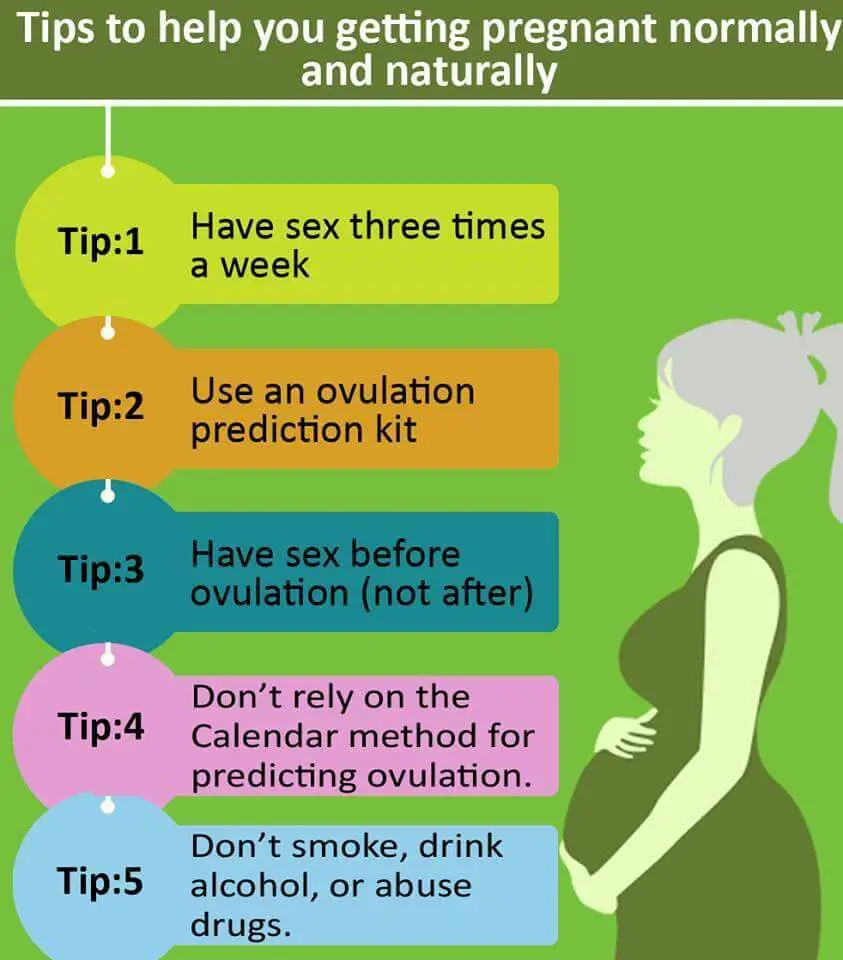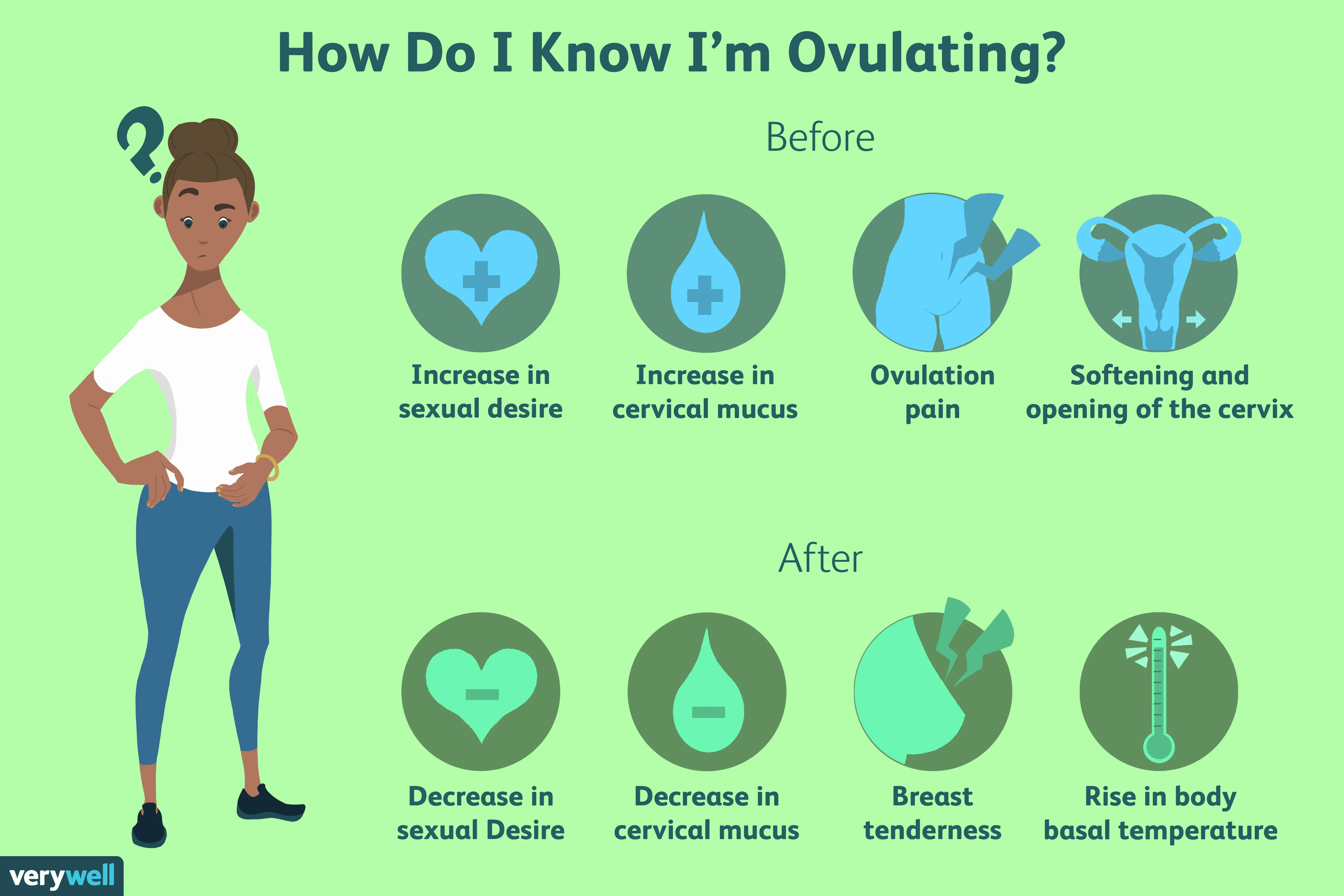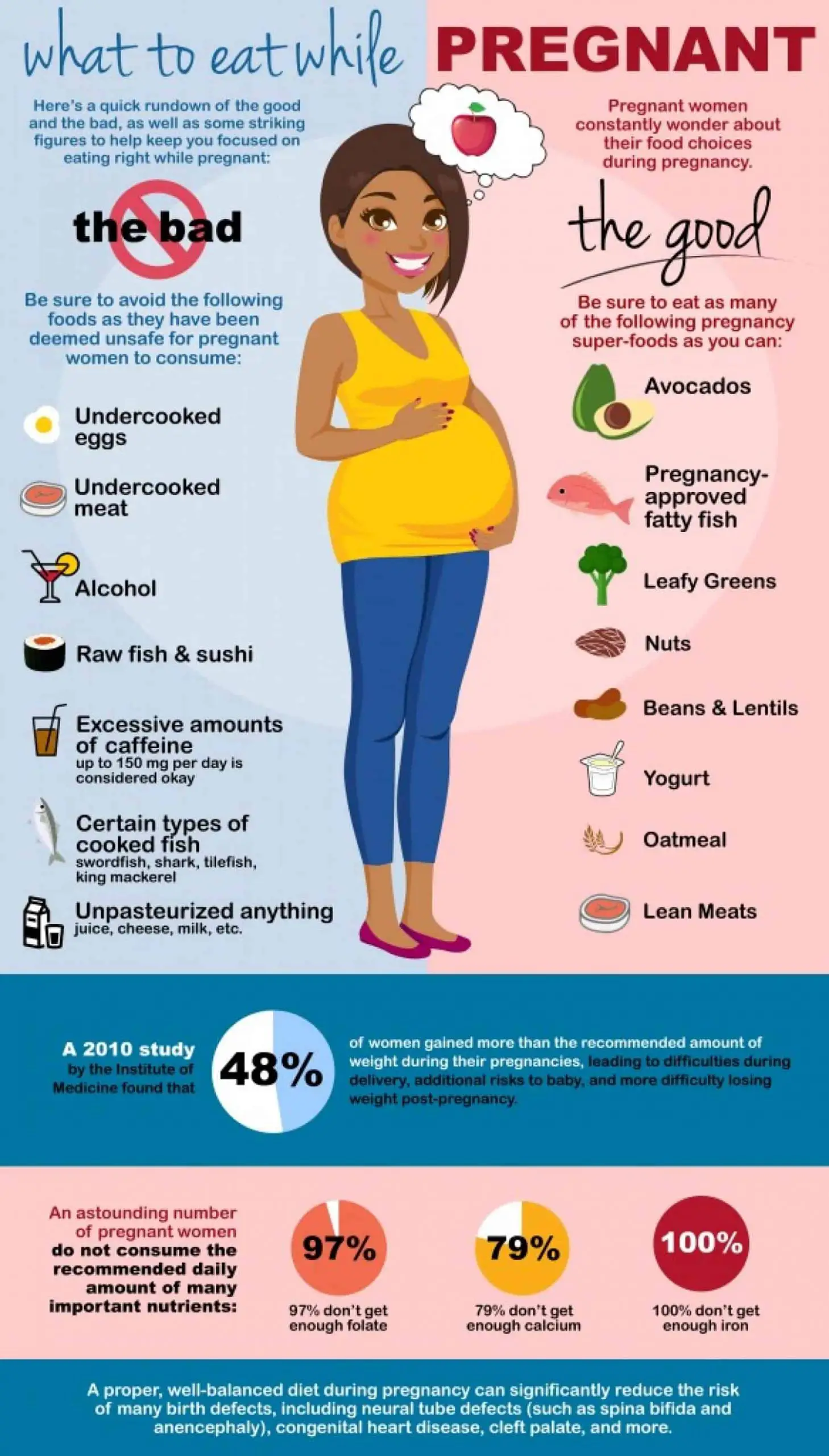What To Do After A Positive Pregnancy Test
After getting a positive pregnancy test, you need to get a doctors appointment for a wide range of tests.
If you are above 35 years, then your doctor will test whether your baby is at risk of Downs Syndrome.
Gestational diabetes is another pregnancy complication that needs a glucose tolerance test. It is also called the oral glucose tolerance test.
A karyotype of the chromosome of babys cells will identify any genetic abnormalities.
The doctor will also make sure that you dont have a tubal pregnancy. The embryo needs to attach to the wall of the uterus for deriving nutrition and protection. A tubal pregnancy is when the baby attaches inside the tubes instead.
Stop Smoking Alcohol And Drugs Limit Caffeine
If you smoke, drink alcohol, or use drugs, you should stop before you get pregnant. They can:
- Make it harder for you to get pregnant
- Increase the chance of miscarriage
If you need help quitting smoking, alcohol, or drugs, talk to your doctor or midwife.
Alcohol can harm a growing fetus , even in small amounts. Drinking alcohol while you are pregnant can cause long-term problems for your baby, such as intellectual disability, behavioral issues, learning disabilities, and facial and heart defects.
Smoking is bad for unborn babies and puts your child at greater risk of health problems later in life.
- Women who smoke during pregnancy are more likely to have a baby with a lower birth weight.
- Smoking also makes it harder for you to recover from your pregnancy.
Drugs that are not prescribed by a doctor can be dangerous for you to take at any point in your life.
You should also cut down on caffeine when you are trying to get pregnant. Women who daily consume more than 2 cups of coffee or 5 cans of soda that contains caffeine may have a harder time getting pregnant and a greater chance of miscarriage.
Limit unnecessary medicines or supplements. Discuss with your provider about both prescribed and over-the-counter medicines and supplements you take before you try to conceive. Most medicines have some risks, but many have unknown risks and have not been thoroughly studied for safety. If medicines or supplements are not absolutely necessary, do not take them.
Will It Be A Boy Or Girl
Both the man’s sperm and the woman’s egg play a part in determining the gender of a baby.
Every normal human cell contains 46 chromosomes . Chromosomes are tiny threadlike structures made from DNA, which each carry human genes. Genes determine a baby’s inherited characteristics, such as hair and eye colour, blood group, height and build.
When a sperm fertilises an egg, 23 chromosomes from the father pair with 23 from the mother, making 46 in total.
The sex chromosome from a woman’s egg is always the same and is known as the X chromosome. But the sex chromosome from a man’s sperm may be an X or a Y chromosome.
If the egg is fertilised by a sperm containing an X chromosome, the baby will be a girl . If the sperm contains a Y chromosome, the baby will be a boy .
Also Check: Is It Safe To Use Vagisil Cream While Pregnant
Unpasteurised Milk And Dairy Products
Most milk sold in shops, supermarkets and restaurants in the UK is pasteurised and fine to drink. The milk is heat-treated to kill off harmful bacteria that can cause food-poisoning from toxoplasmosis, listeriosis and Campylobacter.
You should avoid unpasteurised milk and products made from it, which are sold in some farm and health food shops. These products can include cream, yoghurt, goat’s and sheep’s milk or dairy products. If you only have access to unpasteurised milk, boil it before using.
Days Before And After Ovulation

Ovulation usually occurs between days 11 and 21 of your cycle . The first day of your period signifies the beginning of your next cycle. When youre ovulating, an egg is released from your ovaries and moves down the uterine tube towards your uterus.
An egg lives 12-24 hours following ovulation, but sperm can live in the female reproductive system for up to five days after sex. Therefore, having sex from five days before or one day after ovulation can result in pregnancy.
A 2019 study found that women who have unprotected sex one day before ovulation had the highest probability of getting pregnant .
Also Check: Breakfast Essentials While Pregnant
How Often Should You Have Sex To Get Pregnant
You may think that cutting down on sex to “save” your guy’s spermor only having sex during ovulationwill make getting pregnant easier. But abstaining too much can throw off conception. Indeed, while holding off on sex can increase sperm count, it can also decrease sperm motility. What’s more, “it’s easy to miss the fertile period if sex is limited only to when you think you’re ovulating, because many women believe they’re ovulating when they actually aren’t,” says Samuel Wood, M.D., medical director at The Reproductive Sciences Center in La Jolla, CA.
Changes In Your Body During Pregnancy: First Trimester
Pregnancy can be a very emotional time in your life. If your pregnancy is unexpected, you may be feeling scared or confused about what to do. Know that many pregnancies are not planned. Nearly half of all pregnancies in the U.S. and worldwide are not planned. It is important to remember that you have options. But first, you need to make sure that youre pregnant.
Don’t Miss: Giving Plasma While Pregnant
The Best Time To Conceive: When To Have Sex To Get Pregnant
Lets unpack what you need to know to maximize your chance of getting pregnant. Well explore when youre most fertile, how frequently to have sex, and which factors may impact conception.
Do you want to know the best time to try for a baby? You have come to the right place. Did you know you could get pregnant even during your period?
Getting pregnant happens when a male sperm fertilizes a female’s egg. For some people, this can happen quickly for others, it may take longer.
Out of every hundred couples actively trying to become pregnant, about 80 percent will do so within the year. The remaining 20 percent will take longer or may need medical help to conceive.
Can The Virus Pass To My Baby During Pregnancy Or Childbirth
Judging from the women who have given birth while infected with this coronavirus, the answer is probably that its unlikely or more accurately, that theres no definitive evidence that it does.
COVID-19 is a disease thats mainly passed from person to person through droplets . Your baby can only be exposed to such droplets after birth.
In looking at nine pregnant Chinese women infected with the new coronavirus in the last trimester of pregnancy, the virus didnt show up in samples taken from their amniotic fluid or cord blood or in throat swabs of the newborns.
However, in one slightly larger study , three newborns born to women with COVID-19 did test positive for the virus. The other 30 newborns in the group tested negative, and researchers arent sure whether the babies who tested positive really contracted the virus in utero or if they got it shortly after delivery.
Whether you deliver your baby vaginally or via cesarean will depend on a lot of factors, and not just whether you have COVID-19.
But experts say a vaginal delivery is favorable to a cesarean delivery, provided youre eligible for a vaginal delivery and arent recommended for a c-section due to other factors. Performing surgery on a body already weakened with a serious virus might cause additional complications, they note.
Recommended Reading: Can You Get Lasik Eye Surgery While Pregnant
Record Menstrual Cycle Frequency
A woman who wants to have a baby should monitor whether the first days of her periods tend to occur the same number of days apart every month, which is considered regular. Conversely, her periods may be irregular, meaning her cycle lengths vary from month to month. By tracking this information on a calendar, a woman can better predict when she might be ovulating, which is the time every month when her ovaries will release an egg. There are also some apps that can help with the tracking, such as GlowOvulation period tracker .
A woman’s egg is fertile for only 12 to 24 hours after its release, according to the American Pregnancy Association. However, a man’s sperm can survive in a woman’s body for up to five days.
How To Get Pregnant Fast
Once youve made the big decision to start a family, its hard to wait. And while your patience may be waning, you can begin planning right away. Thats becauseas it turns outtheres more to getting pregnant fast than just having sex at the right time its also about creating the perfect environment so that when sperm meets egg, a healthy embryo grows into a healthy baby.
Conceiving quickly may be the goal, but its never a guarantee. Fortunately, there are a few steps you can take to help kick start the process. So if youre wondering how to get pregnant fast, read on for all the top dos and donts. From tracking ovulation to changing your diet, were sharing a few tips to help you on the exciting journey to parenthood.
In this article:How long does it take to get pregnant?
Also Check: Can You Get Lasik Eye Surgery While Pregnant
Start Taking Prenatal Vitamins
If you havent started already, you should begin taking a prenatal vitamin right away, according to the American College of Obstetricians and Gynecologists . This will help make sure that youre getting all the vitamins and minerals you need for a healthy pregnancy.
You can purchase prenatal vitamins over the counter at most major pharmacies or grocery stores. Just be sure it has at least 400 mcg of folic acid, per the .
You can also ask your pregnancy care professional for recommendations or a prescription.
Prenatal vitamins are crucial because your babys neural tube which later becomes their brain and spinal cord develops during the first month of pregnancy. Folate helps reduce the chances of neural tube irregularities, such as those that cause spina bifida.
Other things your prenatal vitamins should have are:
- calcium
- vitamins A, C, D, and E
- vitamin B12
- magnesium
Your healthcare professional will also generally recommend you separately take an iron supplement as well.
Some prenatal vitamins also include choline, which is essential for brain development and placental function, according to 2018 research.
They also may include docosahexaenoic acid , which is important for babys brain growth and function.
Healthy Body Healthy Pregnancy

Before trying to get pregnant, you should try to be as healthy as possible. In fact, most doctors will recommend that you make an appointment with your obstetrician before youre pregnant.
At this preconception visit, youll talk about existing health problems and get screened for genetic diseases. You can also address other health concerns you might have.
Your doctor might recommend that you make lifestyle changes before you get pregnant. These might include:
- getting to a healthy weight
- improving diet/exercise habits
Read Also: Can You Get Lasik Eye Surgery While Pregnant
Do I Need Infertility Treatment
If youre having trouble conceiving, an infertility specialist may be able to help. The first step after 12 months of trying to conceive is to schedule an infertility evaluation. This multipart assessment includes:
- Physical examination
- Semen analysis
- Evaluation of the uterus and fallopian tubes
If you or your partner have a known medical condition that affects the uterus, fallopian tubes, sperm or ovulation, talk to your doctor to see if you should be evaluated sooner. For example, if you know that both of your fallopian tubes are blocked, youll need to see an infertility specialist even before trying to get pregnant.
The Johns Hopkins Fertility Center
Our fertility specialists will work with you to identify the unique causes of your infertility and help you realize your dream of parenthood.
Increasing Your Sperm Count
Tip: In addition to cutting out unhealthy snacks like chips and sweets, especially avoid processed meats like bacon. Processed meats may lower your sperm count more than other unhealthy foods.
Recommended Reading: How To Calculate Safe Period To Avoid Pregnancy
How To Get Pregnant If You Have Endometriosis
Endometriosis is another common reproductive condition, affecting more than one in 10 women in the United States. It occurs when tissue found in the uterus grows in other parts of the body, such as the ovaries or fallopian tubes.
Even mild endometriosis can reduce fertility, while severe endometriosis can distort a woman’s pelvic anatomy and, for example, block her fallopian tubes, according to a 2015 study in The Journal of Obstetrics and Gynaecology of India.
It is still possible for a woman with endometriosis to become pregnant, and, once pregnant, the pregnancy is expected to be no different to that of a woman without endometriosis. Medical treatment through drugs does not improve fertility, according to Endometriosis UK, an endometriosis-focused charity. These medications involve regulating a person’s hormones, and can slow the growth of endometrial tissue and prevent new pieces from developing, said the Mayo Clinic. But because these drugs are based on hormones , they actively stop a woman from getting pregnant.
Ways You Probably Won’t Get Pregnant When Having Sex
How hard is it to get pregnant? The chances of conception depend on various circumstances, ranging from your menstrual cycle to your birth control. Here, experts share the scenarios where you’re least likely to conceive.
Many women spend the better part of their fertile years actively trying not to get pregnant, so it might be a surprise to learn that conception isn’t that easy. Indeed, there’s a relatively short window during a woman’s cycle that’s ideal for conceiving, whether or not she’s on birth control or actively trying, says Anate Brauer, M.D., a reproductive endocrinologist at the Greenwich Fertility and IVF Centers and assistant professor of OB-GYN at NYU School of Medicine.
According to the American Pregnancy Association, a healthy 30-year-old has a 20 percent chance of pregnancy each month with frequent unprotected sex. Of course, every woman is different, and you should always use protection if you’re not trying to conceive. But if you’re wondering which occasions make for the least likely opportunity, check out these expert-stamped scenarios where your chances of pregnancy are lowest.
Recommended Reading: Vagisil While Pregnant
When To See A Doctor
Women who track their fertile window with the aim of getting pregnant should see their doctor for preconception planning.
As well as identifying barriers to conceiving, a doctor can advise on the use of folic acid or prenatal supplements to encourage a healthy pregnancy.
Most couples who engage in frequent, unprotected sex will conceive within 12 months.
Women under 35 years of age should see their doctor if they do not conceive after a year of trying. Those over 35 years of age should seek medical advice after 6 months of trying to conceive.
Anyone who has irregular cycles or does not appear to ovulate should also speak to their doctor. There may be an underlying medical cause that is preventing ovulation and conception.
Ovulation predictor kits and fertility monitors are available for purchase online.
How Is Infertility Defined
Infertility is defined as the inability to become pregnant after one year of unprotected sex for women under 35 and six months for women 35 and older.
The vast majority of people will become pregnant within the first 12 months of trying to conceive with regular unprotected intercourse, says Cross. After six months to a year of trying depending on a womans age we recommend that a couple comes in for an infertility evaluation. At that point, its more likely that theres a problem preventing pregnancy.
Read Also: Can I Donate Plasma While Pregnant
Get Help For Violence
Violence can lead to injury and death among women at any stage of life, including during pregnancy. The number of violent deaths experienced by women tells only part of the story. Many more survive violence and are left with lifelong physical and emotional scars.
If someone is violent toward you or you are violent toward your loved onesget help. Violence destroys relationships and families.
How Do I Increase My Chances Of Getting Pregnant

One of the best ways to increase your chances of getting pregnant is knowing what days you ovulate , and planning vaginal sex or insemination around those days.
Everyones body is different, but ovulation usually happens about 14 days before your period starts. An egg lives for about 1 day after its released , and sperm can live in the body for about 6 days after sex. So people are usually fertile for around 7 days of every menstrual cycle: the 5 days before you ovulate, and the day you ovulate. You can also get pregnant a day or 2 after ovulation, but it’s less likely.
Some people have very regular cycles, and some peoples cycles vary from month to month. Many people track their menstrual cycles and other fertility signs to help them figure out when theyre ovulating. This is called fertility awareness some people use it to prevent pregnancy, and others use it to try to get pregnant.
You can use a fertility chart to keep track of your cycle and when youre most fertile . There are apps that can make it easy to chart your cycle and figure out your fertile days.
You can also use ovulation predictor kits urine tests that tell you when youre ovulating. You can buy ovulation predictor tests in the drugstore, usually near the pregnancy tests. Ovulation predictor tests look for a hormone called luteinizing hormone, which increases in your body right before you ovulate.
You May Like: Can I Use Vagisil Wash While Pregnant
